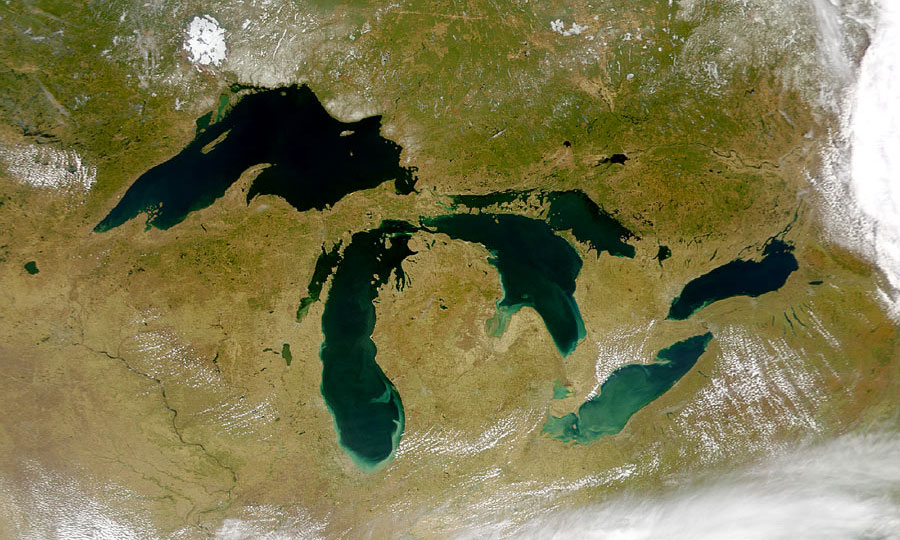The Great Lakes Regional Collaboration announces a sixty day public comment period for a Draft Great Lakes Mercury in Products Phase-Down Strategy. In fulfillment of a Collaboration Strategy recommendation, in April 2006, State, Tribal, and City staff commenced development of a basin-wide Strategy for the phase-down of mercury in products and waste.
A draft Strategy is now available for public comment at http://glrc.us/initiatives/toxics/drafthgphasedownstrategy.html, through October 27, 2007. We invite comments on the Strategy itself and on how best to move forward with implementation, as well as commitments from stakeholders to implement components of the Strategy.
A copy of the draft document was first distributed to government agency experts for technical review, then revised and distributed to a limited group of industry and environmental group stakeholders. A summary of comments that were received and incorporated can also be found at the above web link.
Please send comments electronically to Debra Jacobson at djacobso@wmrc.uiuc.edu. When sending comments by e-mail be sure to put the words “Great Lakes Mercury Strategy Comments” in the subject line.
If you have questions please contact Debra Jacobson at djacobso@wmrc.uiuc.edu or (630) 472 – 5019 (Phone).
Thanks to Deb Jacobson for submitting this information.

 In a
In a